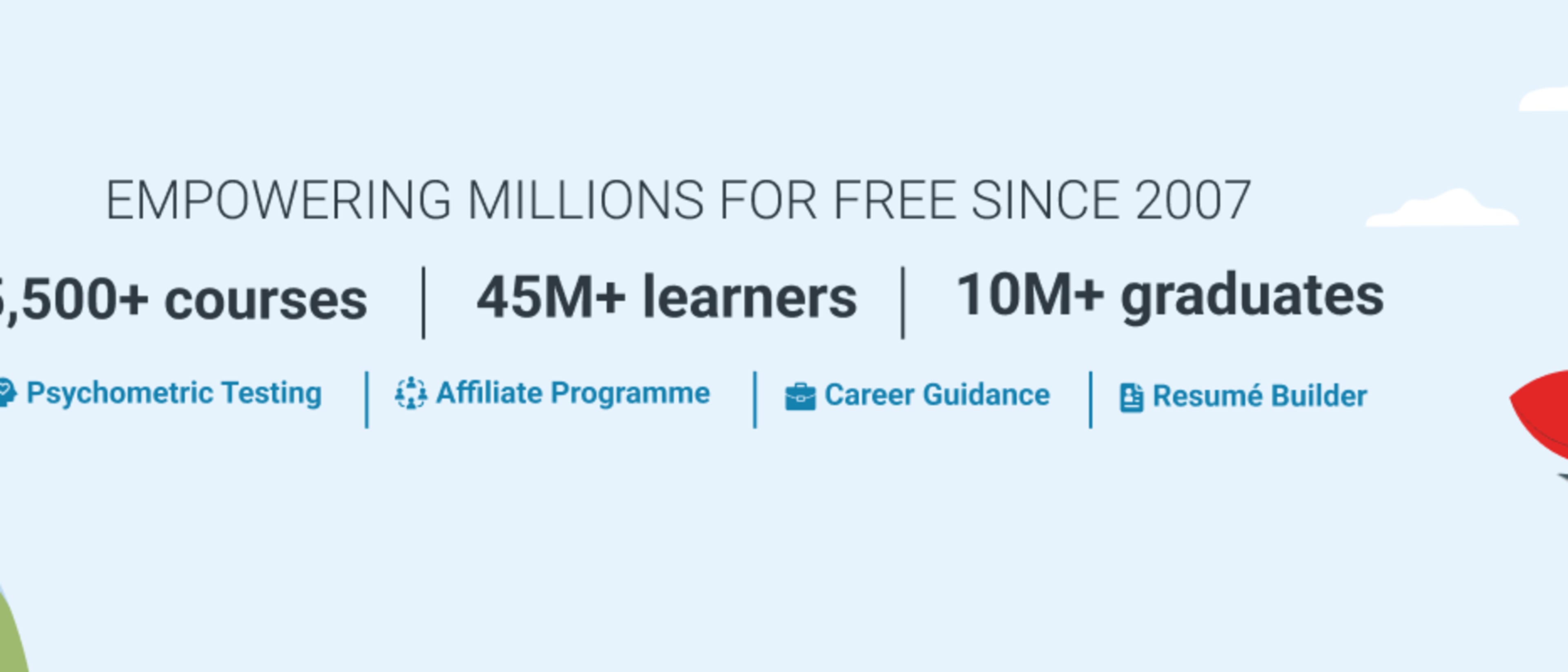Filters
Filters
- Healthcare Programs
- Phlebotomy
Sort by
12 Phlebotomy Degree Programs

Alison Free Online Learning
Diploma in Phlebotomy
- Online USA
Diploma
Full time, Part time
6 hours
Distance Learning
English
Are you looking to enter the healthcare profession? If so, this diploma course offers an ideal opportunity as the demand for dependable and skilled phlebotomists capable of drawing and working with blood grows. This comprehensive course not only introduces you to phlebotomy but goes further by comparing the role of phlebotomy in various specialised healthcare settings. We also outline the history, culture and business side of phlebotomy.

Alison Free Online Learning
Course in Phlebotomy, Venipuncture and Specimen Handling
- Online USA
Course
Full time, Part time
1 hour
Distance Learning
English
This comprehensive phlebotomy course thoroughly explores venipuncture techniques, venous anatomy, and effective patient communication. It delves into specimen handling, labelling, and preservation, emphasizing quality assurance, accurate documentation, and accreditation. This is designed for aspiring phlebotomists and blends essential technical skills with ethical practices to ensure the highest patient care and laboratory excellence standards.
Best programs for you
Answer a few questions and we'll match you with programs!

Alison Free Online Learning
Phlebotomist Training (Free Online Course With Certificate)
- Online USA
Course
Full time, Part time
1 hour
Distance Learning
English
Learn the procedures and skills required to specialize in phlebotomy with this free online diploma course.

Alison Free Online Learning
Course in Fundamentals of Phlebotomy
- Online USA
Course
Full time, Part time
1 hour
Distance Learning
English
Learn the core concepts, skills and compliance standards for drawing blood from a vein in this free online course.


Midwest Technical Institute
Phlebotomy Course
- Springfield, USA
Course
On-Campus
English
The Phlebotomy course prepares students to take the NCCT (National Center for Competency Testing) certification exam to become a Certified Phlebotomy Technician (CPT). The course is designed to prepare students to complete laboratory tasks routinely performed in a medical facility.


American National University
Phlebotomy and ECG Technician Diploma
- Salem, USA
- USA Online, USA
Diploma
Full time
30 weeks
Distance Learning, On-Campus
English
American National Universitys Phlebotomy/ECG Program is designed to prepare students for entry-level careers as a phlebotomist and/or ECG technicians. As a phlebotomist, you will draw blood from patients or donors in hospitals, blood banks, or health facilities for analysis and medical use.


American Harbor College
Phlebotomy Technician
- Orange, USA
Course
On-Campus
English
If you are ready for a new career in the medical field and want to work directly with patients, the Phlebotomy Technician program may be right for you. This program is also a great choice if you are currently working in the healthcare field and want to advance your career.


Schoolcraft College
Medical Assisting: Phlebotomy Skills Certificate
- Livonia, USA
Certificate
Full time, Part time
3 semesters
On-Campus
English
The phlebotomy certificate prepares the student for employment as a phlebotomist with job opportunities in a medical office, clinic, or healthcare facility. The phlebotomist is trained to draw blood through a method called venipuncture. A venipuncture is performed when a large specimen of blood is needed for testing.


International Education Corporation - Florida Career College/Anthem College, Anthem College Online, UEI College
PHLEBOTOMY TECHNICIAN
- Irvine, USA
Course
Full time
16 weeks
On-Campus
Students who choose to enrol in this program will learn the knowledge and skills needed to work in a hospital, clinic, lab, or physician’s office.


Aiken Technical College
PATIENT CARE ASSISTANT CERTIFICATE
- Graniteville, USA
Certificate
Full time
38 hours
On-Campus
English
The Patient Care Assistant Certificate prepares students to work in hospitals, doctors’ offices, medical clinics, skilled nursing facilities, as well as other short-term and long-term care facilities under the direction and supervision of a registered nurse.


Texas A&M Kingsville
Online Clinical Medical Assistant Course
- Kingsville, USA
Course
Full time
6 months
Distance Learning
English
In Clinical Medical Assistant Course have you thought about working with other professionals providing health care to patients? Are you a good team player? As a Clinical Medical Assistant, you will work closely with patients and physicians; take vital signs, interview patients, record patient information, and provide point-of-care testing. Clinical Medical Assistants are projected to be among the fastest-growing occupations in the next 5 years.


Hollywood Institute of Beauty Careers
Certificate for MEDICAL ASSISTANT
- Hollywood, USA
Certificate
Full time, Part time
8 months
On-Campus
English
Our primary purpose is to provide our students with a foundational understanding of the medical field while creating an educational atmosphere that students will love being around. Our Medical Assistant program is intended to empower students to tackle challenges and take on experiences that may be new to them.
Popular Healthcare Programs Phlebotomy degree types
Popular study format
Popular locations
Learn more about Phlebotomy degree programs
Phlebotomy degree programs provide a crucial foundation in the healthcare field, training students to perform blood collection and related laboratory procedures. This discipline emphasizes real-world skills that are vital for patient care and diagnostics, making it an ideal choice for those interested in making a direct impact on people's health.
You'll explore courses in anatomy, medical terminology, and lab techniques, ensuring you understand the human body's systems and the necessary procedures for blood draws. Students cultivate specific skills, such as mastering venipuncture, understanding proper specimen handling, and adhering to safety protocols in clinical settings. As you progress, the environment strengthens adaptability as you gain hands-on experience in diverse healthcare settings.
Graduates typically pursue careers as phlebotomists in hospitals, clinics, and laboratories, where they play a key role in patient diagnostics and treatment. Opportunities to specialize may enhance your career trajectory, allowing you to focus on areas like blood donation centers or laboratory management as you advance in your professional journey.